
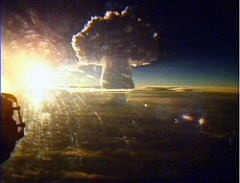
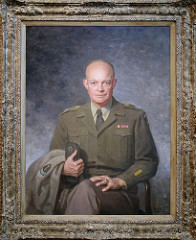
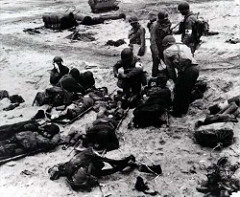
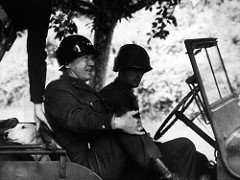
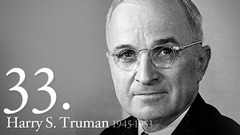


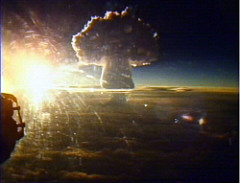









Which of the following is a characteristic of early Shintō? A) that…
Austrapithecus a hominid or human like species, they walked on two legs,…
Archeological research has indicated that A) Africa traded more goods with societies…
When did Homo sapiens first appear? 200,000 B.C. Which method for determining…
FOUR TURNING POINTS —— Match the vocabulary word with its meaning. 1….
Bering Strait Many people believe this was once a land bridge connecting…
Lief Eriksson Son of famous viking Erik the Red who discovered North…
The Near East Comprised the Tigris & Euphrates Valley, the Fertile Crescent,…
Colonial GA -envisioned free of slaves, producing luxury items -trustees became royal…
Declaration of Independence of the Mexican Empire *SIGNED SEPTEMBER 27, 1821* -Hidalgo…
Mikhail Gorbachev USSR ruler after 1985; renewed attacks on Stalinism; urged reduction…
luddites workers that attacked factories and machines they blamed for taking their…

Hi! We can edit and customize this paper for you. Just send your request for getting no plagiarism essay
Order here